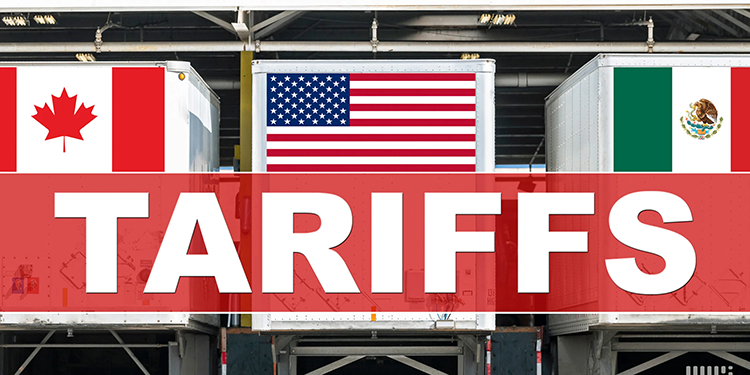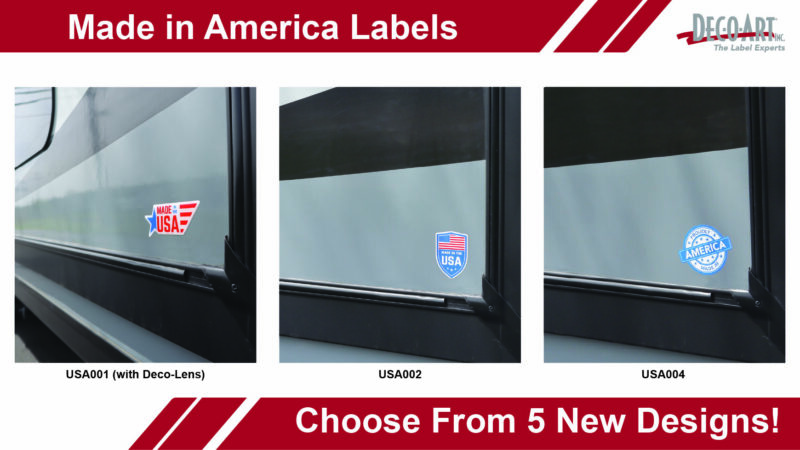CRVA: Business Prospects, Due to Tariffs, Aren’t Positive – RVBusiness – Breaking RV Industry News

In a Tuesday (April 1) update to its members, the Canadian Recreational Vehicle Association (CRVA) took the bull by the horns, so to speak, in updating its members regarding the U.S.-imposed tariffs and corresponding Canadian counter-tariffs that are due to go into effect tomorrow morning.
“As you know, tariffs have already been imposed by President Trump’s administration on Canadian aluminum, steel, and other products, and a new and broader round of tariffs is scheduled for tomorrow on all goods entering the United States, including from Canada,” states CRVA’s bulletin to its membership. “As a result of this threat, the Government of Canada had previously announced it would implement retaliatory measures on approximately $125B on certain products imported into Canada from the United States at 25% to counter the tariffs on exported Canadian goods.
“As of this morning, Canada is still including Recreational Vehicles imported into Canada from the United States in the next phase of these counter-tariffs.”
And all things considered, the prospects for upcoming business aren’t particularly positive, the bulletin notes, with both CRVA and the RVDA of Canada having received indications that many dealers will choose to delay or cancel orders of U.S.-built RVs until the tariff is removed, creating economic and financial consequences for both Canadian and U.S. manufacturers and suppliers.
“The Canadian Recreational Vehicle Association has been actively engaging with the Canadian and United States governments to express our industry’s deep concerns over the inclusion of recreational vehicles in any tariff measures,” according to CRVA. “We have emphasized to both administrations that the RV industry is deeply integrated across North America, and that punitive trade measures will create unnecessary disruption to a sector that supports tens of thousands of jobs and contributes significantly to both economies.
“Our message has been clear and consistent: Recreational vehicles and their components must be protected under free trade and remain exempt from any tariffs. Imposing such measures would have a severe financial impact on manufacturers, dealers, and consumers in both the United States and Canada, disrupting a highly integrated and interdependent industry.”
CRVA reports that it has been working in “close coordination” with leading industry trade groups including the RV Industry Association (RVIA), RVDA of Canada and Indiana-based RV builders to advocate for a free and fair trade policy, a key component of which is an essential RV trade imbalance between the two countries with approximately 30,000 to 40,000 U.S.-made RVs imported annually into Canada while only about 1,750 to 2,000 Canadian-made RVs are exported to the U.S. each year.





